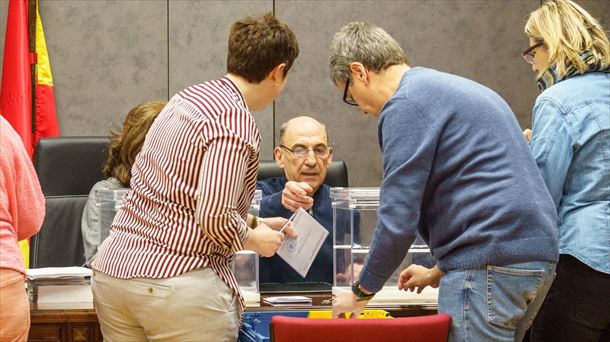When it comes to digitization, Austria’s healthcare system lags behind in an EU comparison. The responsible Minister of Social Affairs, Johannes Rauch (Greens), now wants to change that – with a digital revolution in healthcare.
It is rare that two coalition members, of different skin color, talk about having a “common dream”. This is what happened in Helsinki. Minister of Health Johannes Rauch (Greens) and State Secretary for Digitization Florian Tursky (ÖVP) are in the far north to study digitization in the health system.
Pandemic has revealed shortages
Because the future plays with the Finns. Although Austria was a leader in the EU due to the early introduction of the e-card, it has fallen behind in recent years. The pandemic in particular has brought the shortages to light. It took until May 2022 for the Covid data registry to finally work. “We still have a lot to catch up on, otherwise we will miss the train,” said Health Minister Rauch.
In Finland you can already communicate with your GP or specialist via an app – there are chat functions where the first symptoms are clarified and a prescription is provided. This saves you a trip to the doctor or ambulance. A necessity in the least populated EU country, because the nearest doctor is often an hour away. Appointments can also be made through this app.
Data, data, data
But digital documentation in hospitals and nursing homes would also save a lot of work and free up more time for patients. “An improvement in the data situation means better management of the system. Right now I have to beg for the data,” says Rauch. Of the 5.5 million Finns, only 211 did not want the data to be used. At ELGA it was three percent. “Everyone here is responsible for their data. That will also be the case in Austria,” says Tursky.
The digital timetable should be ready by the end of this year
In Finland, it takes almost five years to digitize the healthcare system. A legal basis – the rules of the game – must first be created for the use of health data. And it requires precise coding of how the data is captured. “The time frame for the project should be ready by the end of the year,” Rauch specifies as a goal.
But who should ultimately have omnipotence over the data? The Ministry? Social Security? What does the Medical Association say about this paradigm shift? The project sounds like a tour de force. “You can give yourself the Ministry of Health when you have only responsibility but no power,” says Rauch. He is determined to carry out this project against all odds.
Source: Krone
I am Ida Scott, a journalist and content author with a passion for uncovering the truth. I have been writing professionally for Today Times Live since 2020 and specialize in political news. My career began when I was just 17; I had already developed a knack for research and an eye for detail which made me stand out from my peers.



